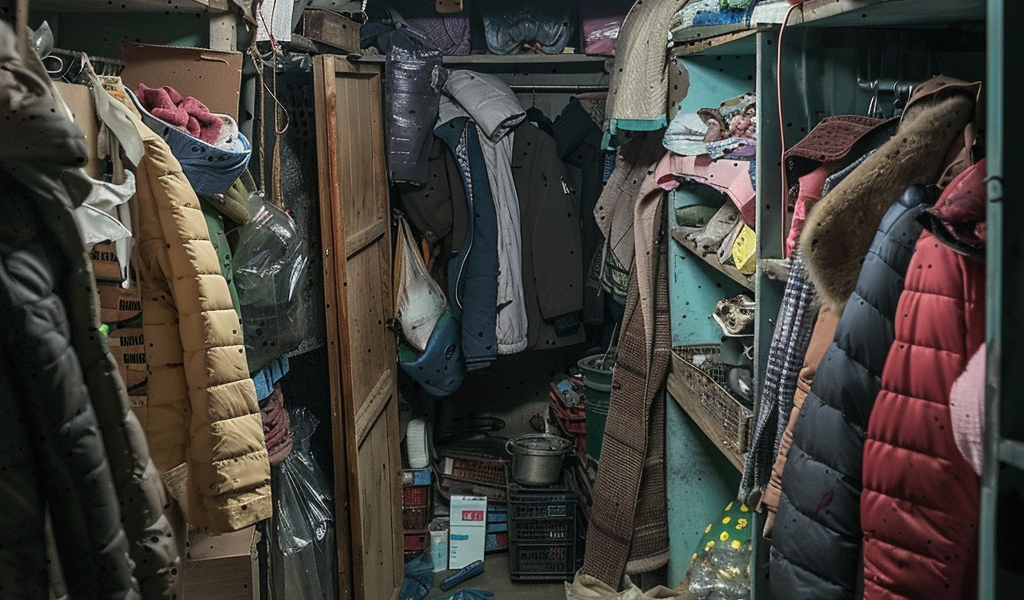Study Reveals ‘Disaster Subculture’ Among Marginalized Communities Facing Climate Disasters
Communities around the world are facing the harsh realities of climate disasters, but for some marginalized populations, these extreme events have become a way of life. A recent study conducted by the University of Kansas sheds light on the concept of a ‘disaster subculture’ that develops among residents living through frequent climate-related crises.
Researchers, led by Joonmo Kang, an assistant professor of social welfare, delved into the experiences of residents in Jjokbang-chon, a poverty-stricken neighborhood in Seoul, South Korea. Kang spent a year immersing himself in the community to understand how residents cope with the constant challenges posed by extreme weather events.
The study revealed that residents of Jjokbang-chon have become desensitized to the impacts of extreme heat and cold, living in cramped living spaces no larger than a closet. Despite facing daily hardships, such as extreme temperatures, residents displayed a sense of resignation and indifference towards their circumstances.
According to Kang, this ‘disaster subculture’ challenges traditional notions of reality and poses a dilemma for social agencies tasked with providing assistance. The study, published in the International Journal of Social Welfare, underscores the need for a nuanced approach to addressing the unique needs of marginalized communities grappling with climate-related challenges.
Through his research, Kang aims to raise awareness about the disproportionate impact of climate change on vulnerable populations and explore how social work can effectively respond to these issues. By documenting the lived experiences of individuals in slum housing in Seoul, Kang hopes to draw attention to the broader implications of climate disasters on marginalized communities worldwide.
Residents interviewed during the study shared poignant accounts of their struggles, with one individual describing how they endure the scorching heat by remaining motionless. Others cited barriers to accessing government-provided cooling centers, highlighting the disconnect between available resources and the practical challenges faced by residents.
As climate disasters continue to escalate globally, the study emphasizes the urgent need for tailored interventions that address the complex interplay between socio-economic factors and environmental vulnerabilities. By amplifying the voices of those most affected by climate change, researchers like Kang are paving the way for more inclusive and effective strategies to support marginalized communities in the face of ongoing challenges.





